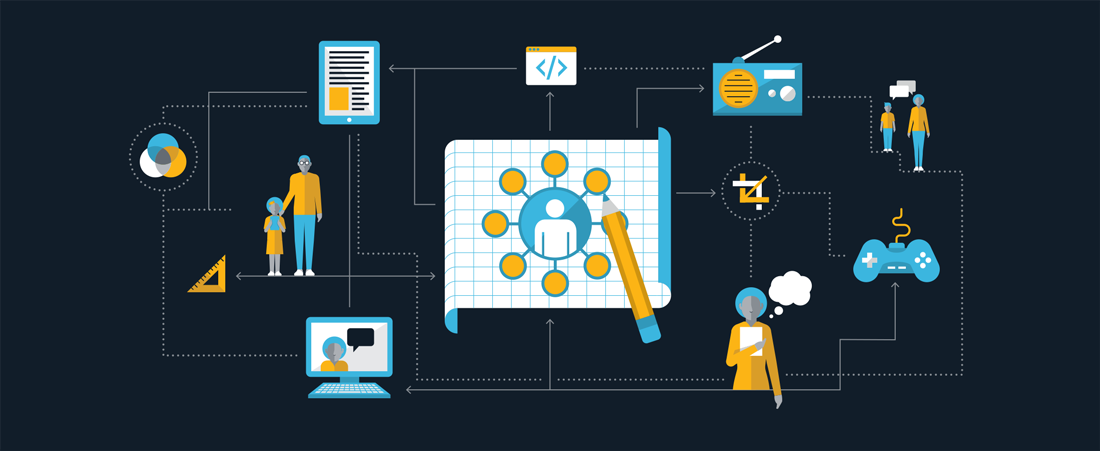
EDC’s collaborative process brings together scientists, researchers, educators, creative artists, media and technology specialists, and intended users—from young children to the elderly—to design, test, refine, and disseminate high-quality curricula, trainings, interventions, and other resources.
We create professional development and continuing education programs for busy practitioners, open-source online courses that reach hundreds of thousands of budding entrepreneurs around the world, and digital tools and applications that promote basic literacy and health.
Our work demonstrates that the best learning integrates knowledge and experience to empower individuals with critical skills and to achieve sustainable improvements in services and systems.
Learn about EDC’s work to strengthen early childhood interventions with Continuous Quality Improvement.
Projects
Resources
This toolkit helps build the capacity of teachers and leaders to use evidence-based practices, universal design for learning (UDL) principles, and technology to improve student engagement, motivati
EDC’s Biology: Concepts and Practices, a yearlong high school course curriculum, fosters grade 9–12 students’ scientific and data literacy; builds their reading, writing, and oral communic
In response to an outbreak of the Ebola virus in Liberia, EDC’s USAID Advancing Youth Project (AYP) developed a set of literacy and numeracy interactive audio instruction (IAI) lessons for radio broadcast.
Based on a popular smartphone app created by the Department of Veterans Affairs National Center for PTSD, the Web-based PTSD Coach Online offers 17 different evidence-informed tools to help individ
EDC developed Video Opportunities for Innovative Condom Education and Safer Sex (VOICES/VOCES), a video-based intervention designed to increase condom use among heterosexual African American and La
This annotated bibliography features a “starter set” of key research reports, practice briefs, policy papers, and tools to inform efforts to strengthen elementary science in schools and communities.
This website features assessments to diagnose whether students have specific misunderstandings or misconceptions about rational numbers, such as fractions and decimals.
STEPS to Care e-Tools is a set of public health strategies for individuals at the highest risk of dropping out of HIV care.
This report summarizes the results of a review, conducted by external experts, of the quality and content of the Out-of-School Literacy Assessment (OLA).
This report is an external evaluation of the work of the Akazi Kanoze 2 work readiness project to integrate a work-readiness curriculum and school-to-work transition program into the Rwandan education system.
